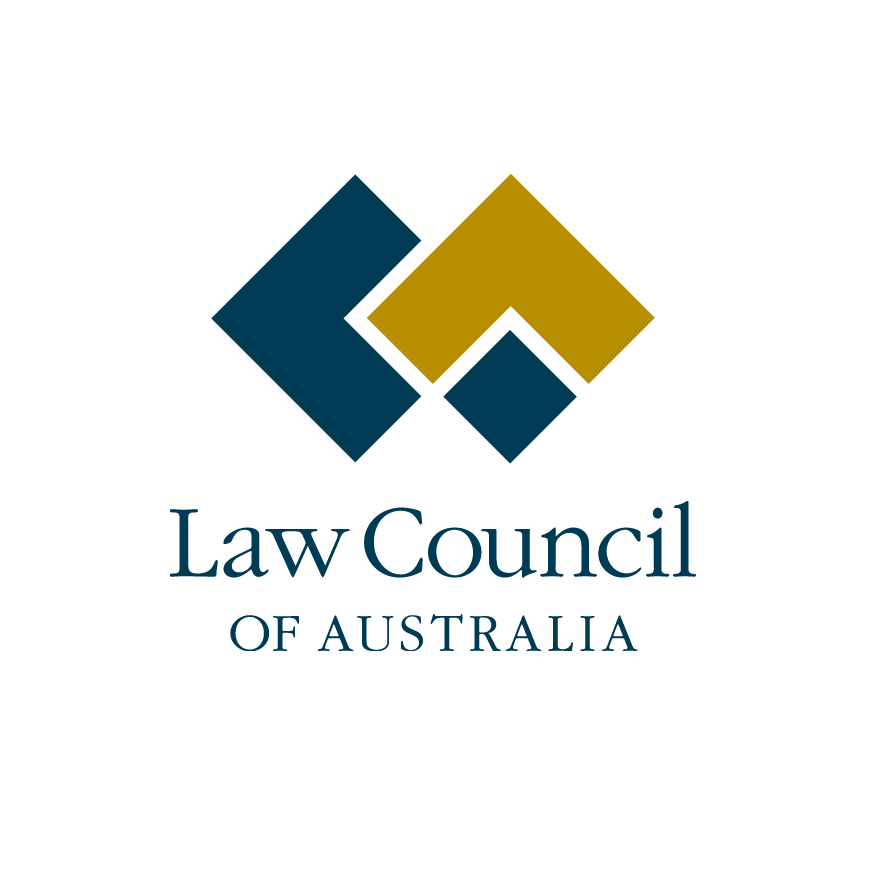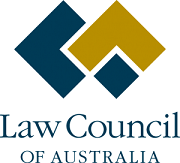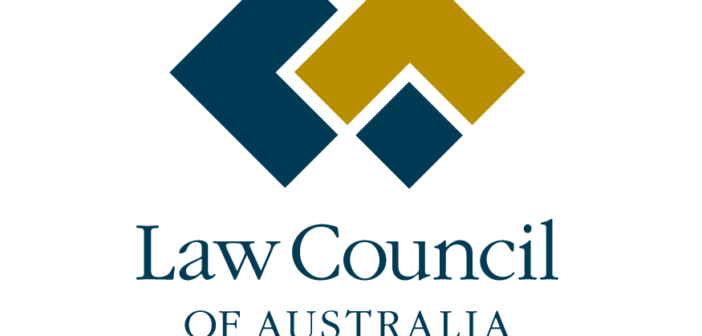
Morry Bailes, President, Law Council of Australia
 Opening Statement to Parliamentary Joint Committee on Intelligence and Security Public Hearing on:
Opening Statement to Parliamentary Joint Committee on Intelligence and Security Public Hearing on:
- Foreign Influence Transparency Scheme Bill 2017; and
- National Security Legislation Amendment (Espionage and Foreign Interference) Bill 2017.
- My name is Morry Bailes and I am the President of the Law Council of Australia. As the Committee would be aware, the Law Council is the peak national body representing the legal profession in Australia.
- I would like to thank the Committee for the opportunity to provide evidence to its inquiry on the Foreign Influence Transparency Scheme Bill 2017, and the National Security Legislation Amendment (Espionage and Foreign Interference) Bill 2017.
- The Law Council welcomes this inquiry and recognises the difficult challenges posed by Australia’s security environment in relation to the threat of espionage and foreign interference. We therefore support in-principle measures to ensure that Australia’s laws are sufficiently robust to guard against the undermining of Australia’s sovereignty and maintain the integrity of its political processes in light of foreign interference.
- We also recognise that the law in relation to these areas requires review and updating, and that concerns regarding undisclosed foreign interference of government policy and public opinion need to be addressed.
- The Law Council’s focus on the specific provisions of the two Bills is to ensure that the proposed changes are necessary and proportionate. To this end, the Law Council has raised several suggestions aimed at the improvement of the laws for this Committee’s consideration. The matters raised in our written submissions should be addressed prior to enactment.
Foreign Influence Transparency Scheme Bill
- In relation to the Foreign Influence Transparency Scheme Bill, the Law Council is concerned with the potential for these measures to have a chilling effect on public policy dialogue. These concerns arise due to the potentially broad reach of the scheme, the ambiguity of its key terms, and the significant penalties attached to non-compliance.
- To summarise the key recommendations of the Law Council with regards to this Bill, the Law Council has suggested that:
- there should be a narrowing of the scope of the Bill, limiting registration to lobbying activities that are materially controlled and directed by a foreign principal;
- the current exemptions should be extended to ensure they cover professions, including lawyers and doctors, that engage in advocacy that is incidental to their work;
- charitable entities that are registered with the Australian Charities and Not-for-Profits Commission should be exempt for the registration and disclosure requirements.
- While it was not raised in the Law Council’s written submissions, we also wish to raise an issue of concern with regard to the ability for the Secretary of the scheme to delegate all or any of their powers to executive departmental officers under proposed section 67. The Secretary’s powers are substantial under these proposed measures, and includes the power to compel information and assess liability to register under the scheme, which if breached can have significant criminal repercussions. The Law Council is concerned as to the appropriateness of delegating these functions, and submit that such delegation, if allowed at all, should be confined to administrative functions only.
- The Law Council acknowledges that the intent of these measures is not to prevent or silence public discourse or foreign influence more generally. However, the potential for a muting of public policy engagement from stakeholders with foreign connections is exacerbated by the potentially broad scope of the proposals, together with the significant penalties contained within the Bill, including strict liability offences and the potential for a seven-year imprisonment term.
- The Law Council submits that these recommendations, as detailed in our written submission, will go some way to ameliorating the concerns we have with the Bill with regards to its potential legislative overreach, whilst still responding to the threat of covert foreign interference on public opinion and government policy.
National Security Legislation Amendment (Espionage and Foreign Interference) Bill 2017
- In relation to the National Security Legislation Amendment (Espionage and Foreign Interference) Bill 2017, the Law Council supports a number of the proposed measures, including the proposed treachery and interference with political rights and duties offences, subject to certain limitations regarding the use of force or violence.
- However, the Law Council’s primary recommendation is that this Bill not be passed in its current form. In reaching this conclusion, we highlight the following key concerns regarding certain aspects of the Bill.
- As with the Foreign Influence Transparency Scheme Bill, many of the definition and offence provisions under the National Security Legislation Amendment Bill are too broadly drafted, and are likely to capture a range of benign conduct that may not necessarily amount to harm or prejudice to Australia’s national security.
- For example, the breadth of the key term ‘national security’ extending to the country’s political or economic relations with another country or countries may have a stifling effect on freedom of expression. The Law Council recommends that key terms be certain and well-defined and that the inclusion of these concepts in the definition of ‘national security’ be reconsidered.
- The Law Council further recommends that the proposed public official defence for a range of the proposed sabotage, espionage and foreign interference offences should not proceed. A person acting in their capacity as a public official should not be permitted to act with the intention of, or be reckless as to, prejudicing Australia’s national security. Such a defence for public officials appears antithetical to the very intent of the Bill, namely, to protect Australia against acts of sabotage, espionage and foreign interference.
- Furthermore, such a defence would in practice be unnecessary in circumstances where a court may consider that the requisite fault elements once proven by the prosecution are inconsistent with a public official acting in their capacity.
- In addition, the Bill does not provide for a good faith defence for the proposed sabotage, advocating mutiny, and espionage offences. The Law Council submits that a good faith defence should be available for these proposed offences to protect political communication, individuals or groups who in good faith to oppose the actions of the Australian Defence Force or a defence of another country that is acting in cooperation with the Australian Defence Force and/or calls for a laying down of arms, and other persons acting in good faith including journalists reporting or for individuals discussing domestic or international politics or economics.
- Finally, the proposed general secrecy offences in the Bill should be amended in a manner which is consistent with the Australian Law Reform Commission’s Report No 122, Secrecy Laws and Open Government in Australia and the Independent National Security Legislation Monitor’s report Section 35P of the ASIO Act (2016) . This would ensure that the offences are reserved for behaviours that harms, is reasonably likely to harm or intended to harm essential public interests. It would also mean that the offence provisions should be redrafted to treat insiders and outsiders separately to improve the proportionality of the measures. This is because ‘insiders’ owe a duty of confidence above that of ‘outsiders’.
- If this is not to be accepted, the Law Council makes several recommendations including (but not limited to):
- in the absence of an express harm requirement, the offences should cascade in penalty and require that a person knew, or as a lesser offence, was reckless as to whether, the protected information falls within a particular category (i.e. security classification or concerns Australia’s national security), and should not provide that strict liability applies to that circumstance.
- The secrecy of information offence provisions should be redrafted to distinguish between intentional and reckless conduct regarding the communication or dealing with inherently harmful information or causing harm to Australia’s interests.
- In terms of the secrecy specific-defences, the Bill should be amended to:
- include a public interest disclosure defence to the secrecy provisions where the disclosure would, on balance, be in the public interest;[1]
- non-exhaustively identify some factors that may be considered for the purposes of determining whether the dealing with or holding of information may be in the public interest for the purpose of the proposed journalist defence.
- include an exception for where the conduct (i.e. communication/dealing with/holding/removing) is engaged in for the purpose of obtaining legal advice in relation to the matter the subject of the offence; and
- include an exception that offence provisions do not apply if the disclosure was for the purposes of any legal proceedings arising out of or otherwise related to the relevant Division of the Criminal Code or of any report of any such proceedings.
- The Law Council has also made a range of other specific recommendations – the detail of which is provided in our written submissions.
- My colleagues and I are happy to answer any questions the Committee may have. Thank you.
[1] Australian Law Reform Commission, Secrecy Laws and Open Government in Australia, Report No 112 (2009) 255 [7.120].






